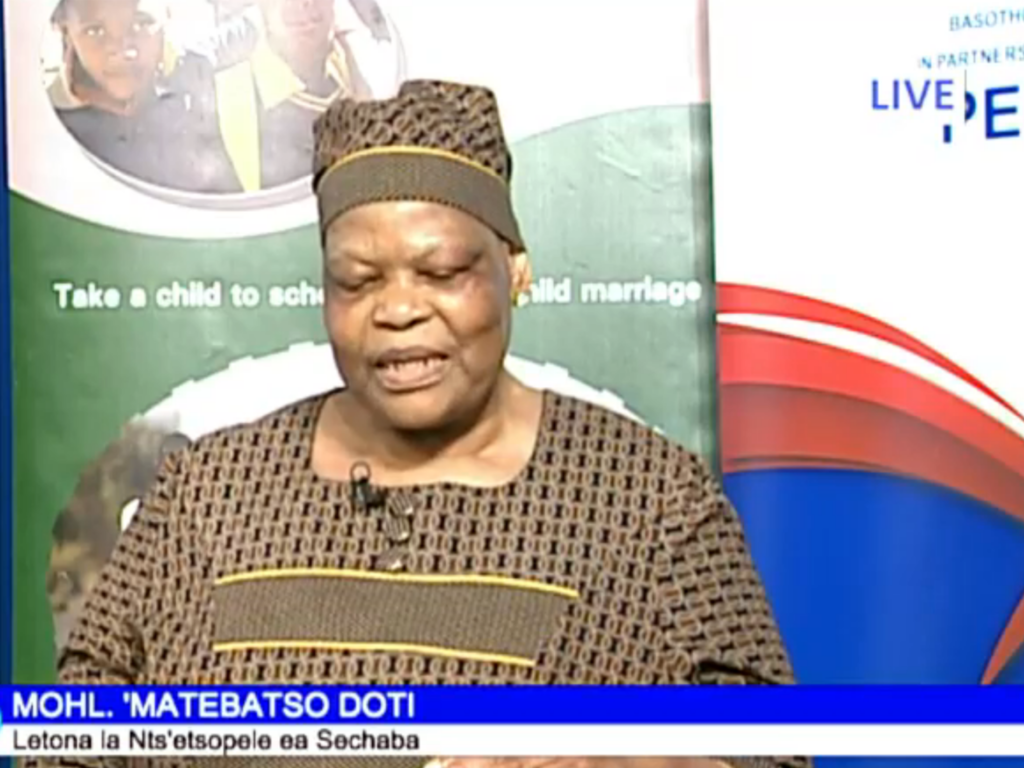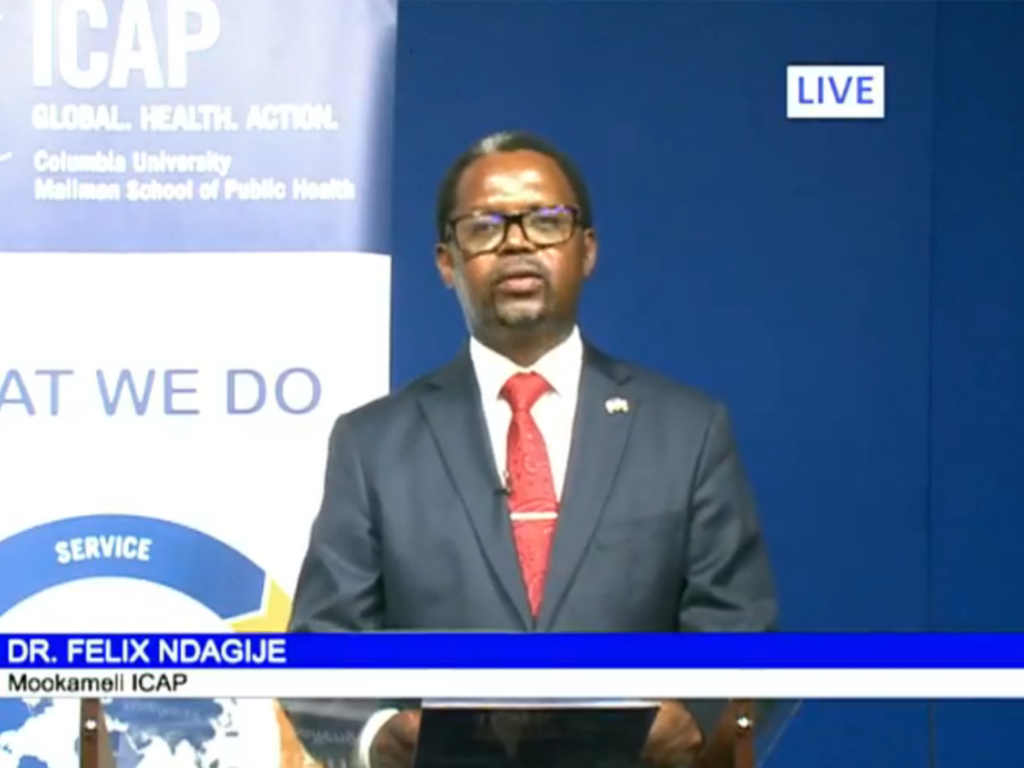Results from a landmark survey, co-led by ICAP at Columbia University, the Lesotho Ministry of Social Development (MoSD), Together for Girls (TfG), the Lesotho Ministry of Health (MoH), and the United Nations Children’s Fund (UNICEF) paint a harrowing picture of the extent of violence against young people in the Kingdom of Lesotho, a country that has been at the epicenter of the HIV epidemic in sub-Saharan Africa.
The report provides a critical platform for recommendations on improving the health and wellbeing of children and adolescents in the country even as it shines a light on a widespread public health threat that extends far beyond the borders of the small country. On September 23, MoSD officiated the dissemination of the 2018 Lesotho Violence Against Children and Youth Survey (VACS) final report.
The 2018 Lesotho VACS was a multisectoral initiative supported by the U.S. President’s Emergency Plan for AIDS Relief (PEPFAR) through the U.S. Centers for Disease Control and Prevention (CDC). It was a national household survey to assess the prevalence and burden of violence against children and youth, focusing on physical, emotional, and sexual violence. The study findings provide evidence for stakeholders to support and improve policy and programming to prevent violence against children and youth; inform the national protection system; and encourage stakeholders to monitor progress in addressing violence against children and youth over time.
During the dissemination, streamed by the Lesotho National Broadcasting Service, ‘Mantoa Sejake, manager of child protection at MoSD, unpacked some key indicators from the report. “We found that girls and young women are more likely than their male counterparts to be victims of sexual violence with 1 in 5 forced into sexual violence, mostly by known perpetrators such as intimate partners, relatives, or neighbors,” said Sejake. “On the other hand, boys and young men are more likely to experience physical violence from known perpetrators in their homes and communities, with 3 in 5 experiencing physical violence in childhood.”

The Minister of Social Development, Honorable ‘Matebatso Doti, shared that, in response to the survey, the multisectoral survey taskforce team has developed a plan of action to address violence against children and youth and is encouraging its implementation across all relevant ministries.

“This report underscores the magnitude of multiple forms of violence: sexual, physical and emotional as well as the epidemiologic patterns of risk factors for violence,” said Felix Ndagije, country director, ICAP in Lesotho. “It provides a broader picture of the national prevalence and burden of violence against children and youth. This report shares their voices with us – and how they would want the world to treat them.”
“We are now at a transition point: from planning and implementing the survey, to using the data to understand the experiences of young people, and applying the results to programming and policy decisions,” said Amanda Grier, acting deputy chief mission from the U.S. Embassy to Lesotho. “This is the key moment when we can start to use these data to create a better future for Lesotho’s children.” The 2018 Lesotho VACS report’s key findings revealed:
- There is high prevalence of childhood violence in Lesotho with 2 in 5 females and 3 in 5 females experiencing any violence in childhood
- Sexual, physical, and emotional violence in childhood was associated with mental distress and suicidal ideation among males and females before age 18
- Disclosure and service-seeking among victims of sexual violence in childhood was very low
- Prevalence of physical violence was high among males
- Among 18-24 year old females, nearly 1 in 10 experienced pressured or coerced or physically forced sex in childhood
- Among 18-24 year olds, 2 in 3 females and 7 in 10 males experienced food insecurity
Some of the report recommendations include promoting greater awareness that violence is preventable; fostering partnerships among multisector government agencies, civil society organizations, and international technical exports; and harmonizing existing initiatives related to violence against children and youth. Moving forward, the MoSD and survey partners will revisit the plan of action and mobilize resources to implement some key priorities, such as:
- Addressing food insecurity in households
- Reducing physical violence by parents and caretakers
- Reducing sexual violence by addressing intimate partner violence
- Focusing on post-violence care through processes established by social service providers through strategies aimed at preventing violence by intimate partner. and focusing on post-violence care and processes already established by social service providers
On Tuesday, October 27, ICAP and its partners will hold a webinar on ‘Addressing Violence in the Context of COVID-19’. This special event will include a panel discussion on how the 2018 Lesotho VACS findings can inform responses to addressing violence during a global pandemic. Learn more about and register for the webinar here. The 2018 Lesotho VACS Final Report can be downloaded here.
For more information about the 2018 Lesotho VACS report, please contact Reaboka Maraisane, VACS Survey Coordinator at rm3486@cumc.columbia.edu







